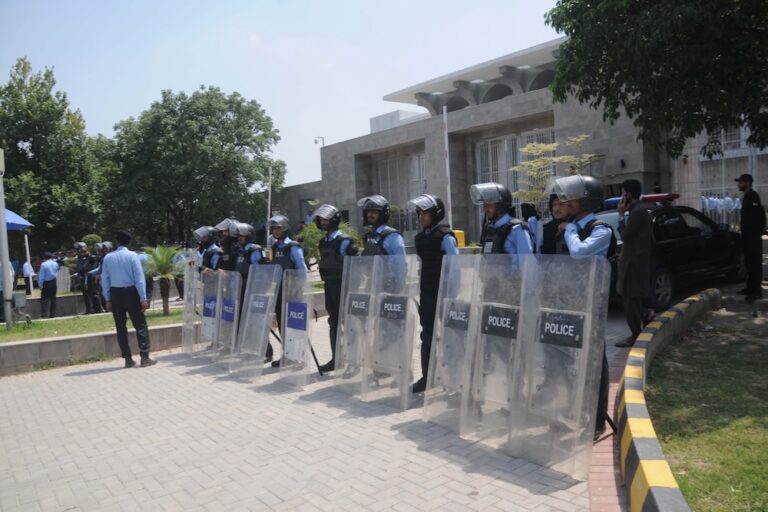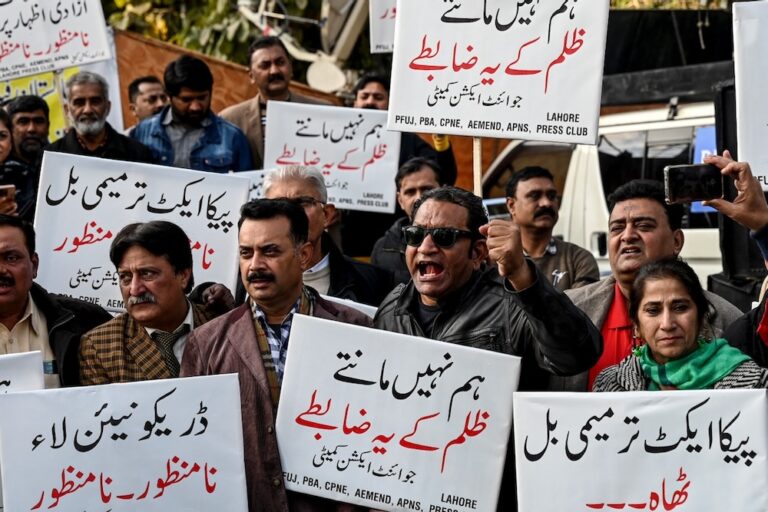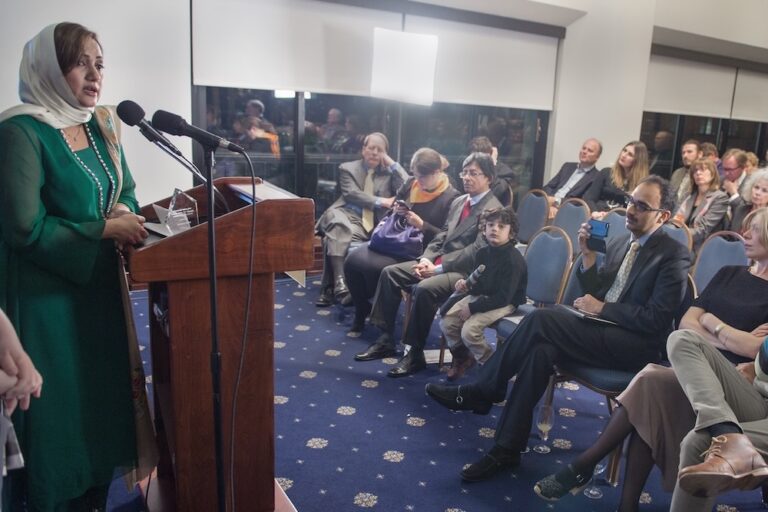The result of the high court order should be that the Pakistan Telecommunications Authority will not be able to block a site without first informing the site administrator of its intention, and giving them the opportunity to be heard.
(CPJ/IFEX) – April 19, 2012 – The following is a CPJ Blog post:
By Danny O’Brien / CPJ Internet Advocacy Coordinator
When CPJ covered the Pakistani government’s attempt to build a massive censorship system for the country’s Internet in February, we noted a key problem with such huge blocking systems: they are, at heart, democratically unaccountable.
In the fallout from the proposal, Pakistan’s High Court of Sindh at Karachi has come to the same conclusion. This week, a group of six Pakistani citizens, including journalist Sana Saleem, petitioned the court to put a stay on the Pakistan Telecommunications Authority (PTA)’s site-blocking. In the court’s decision, it stated that any such blocking was in violation of Pakistan’s constitutional protections for due process and free expression.
The court ordered the PTA to cease blocking any website other than in accordance with the PTA Act of 1996. This law, which defines how the regulatory body exercises its power over Pakistan’s communications networks, requires, among other restrictions, that the regulator acts “in an open, equitable, non-discriminatory, consistent, and transparent manner,” and that “the persons affected by its decisions or determinations are given a due notice thereof and provided with an opportunity of being heard.”


